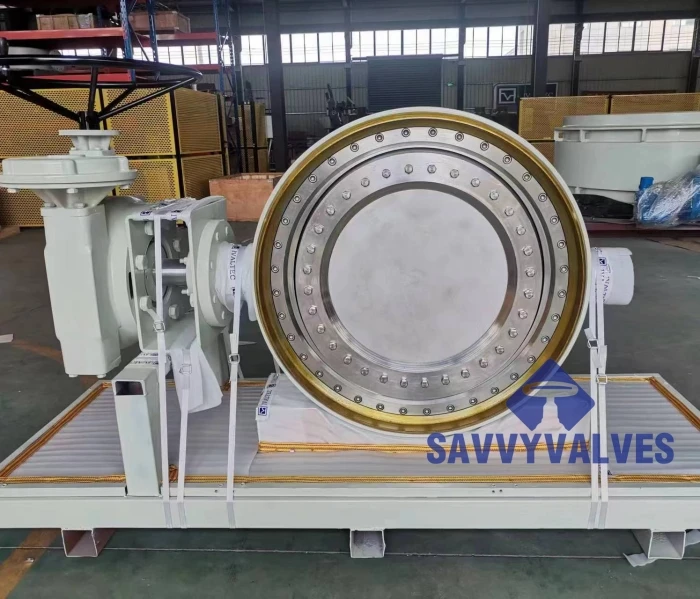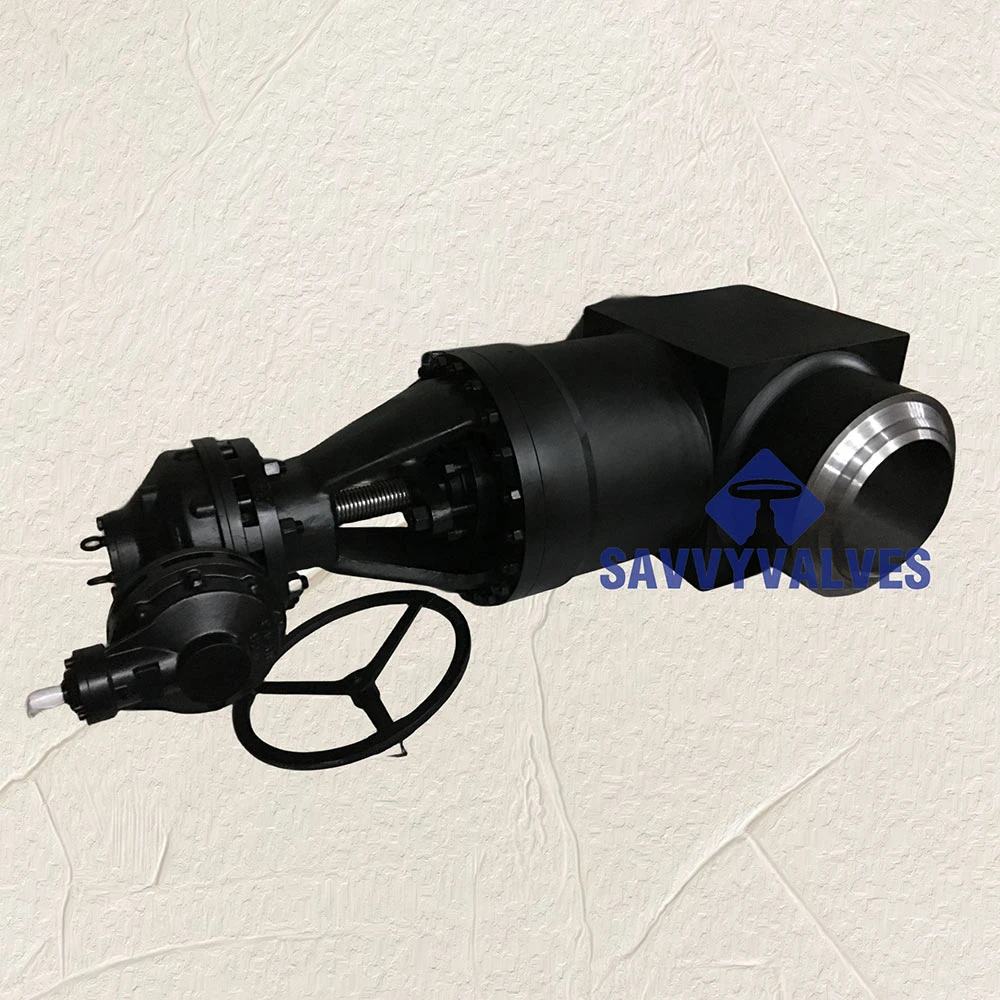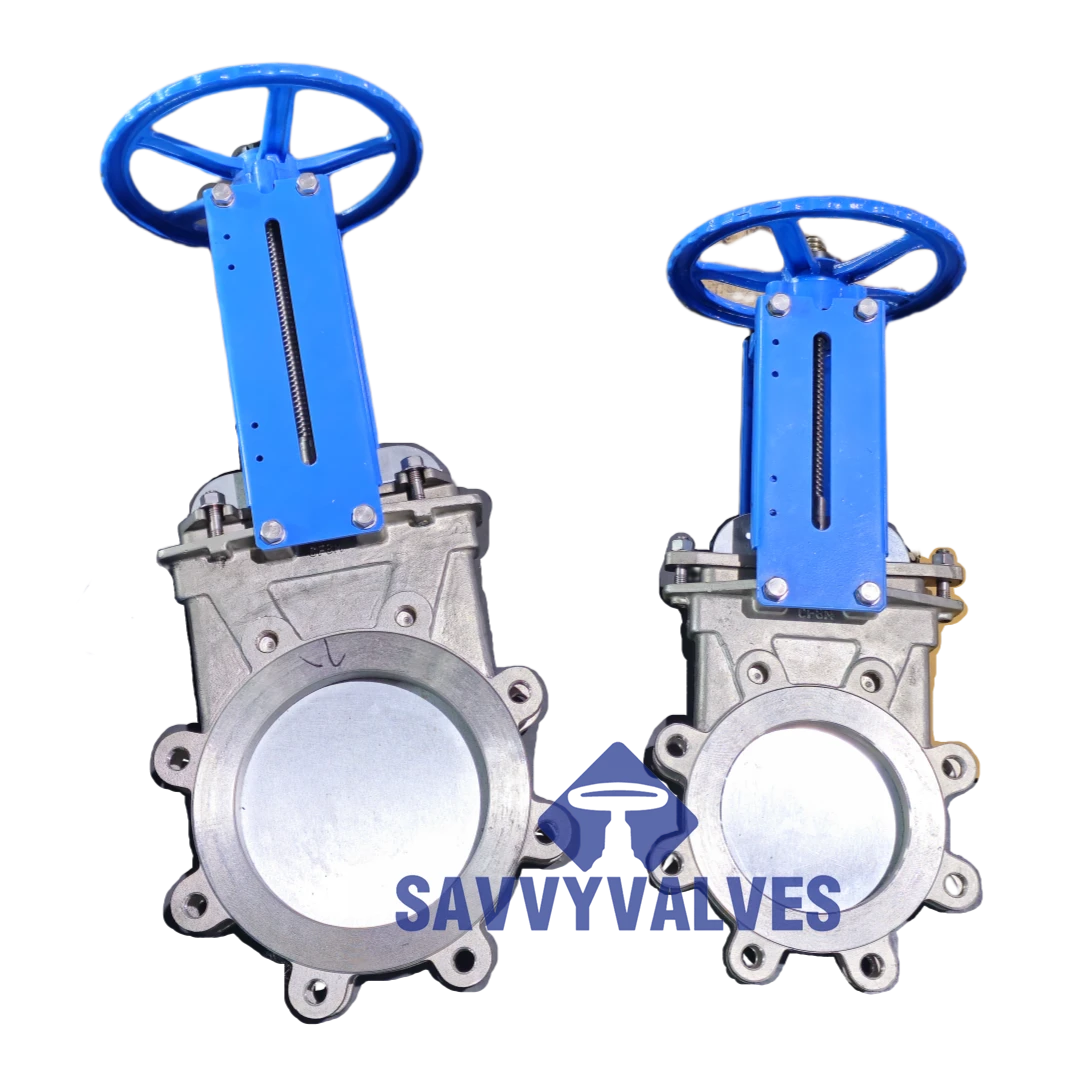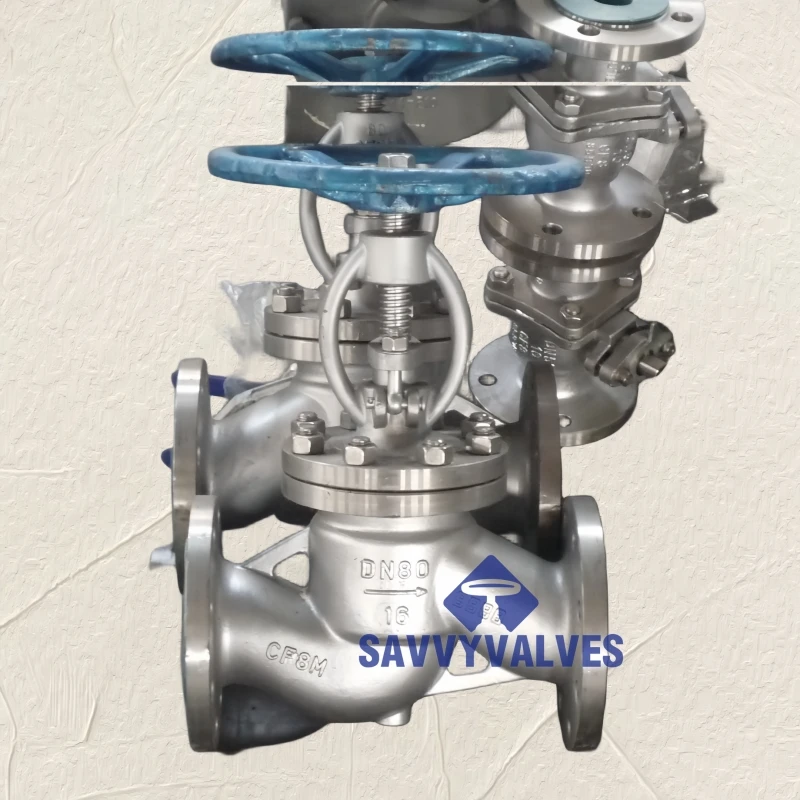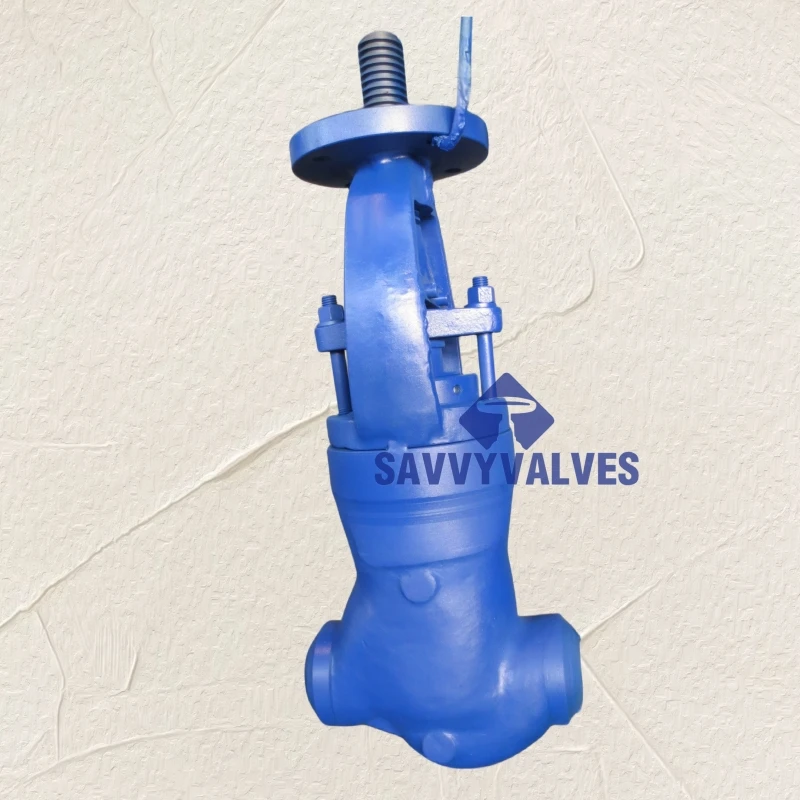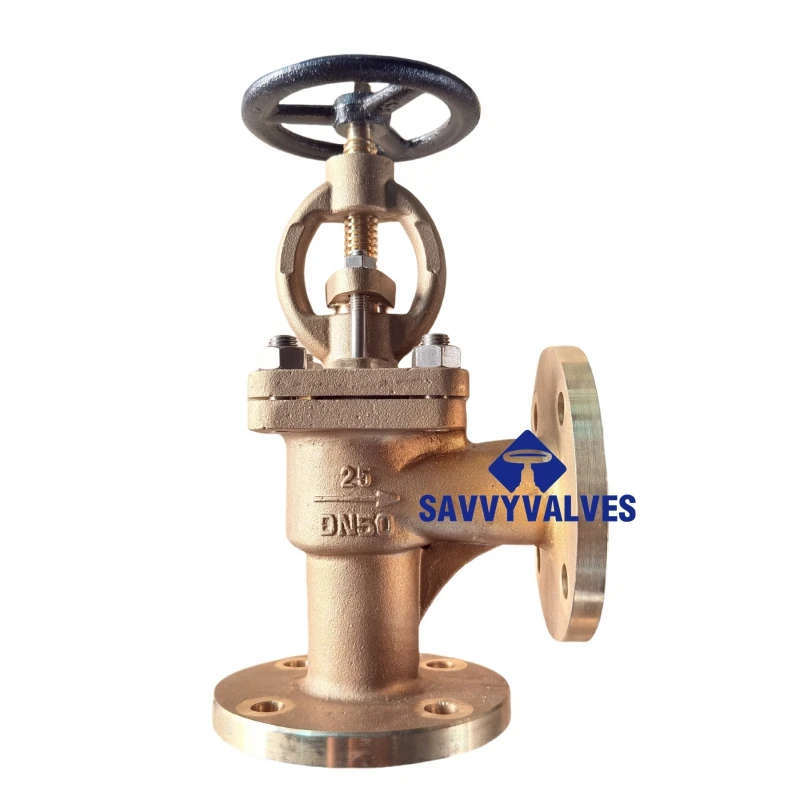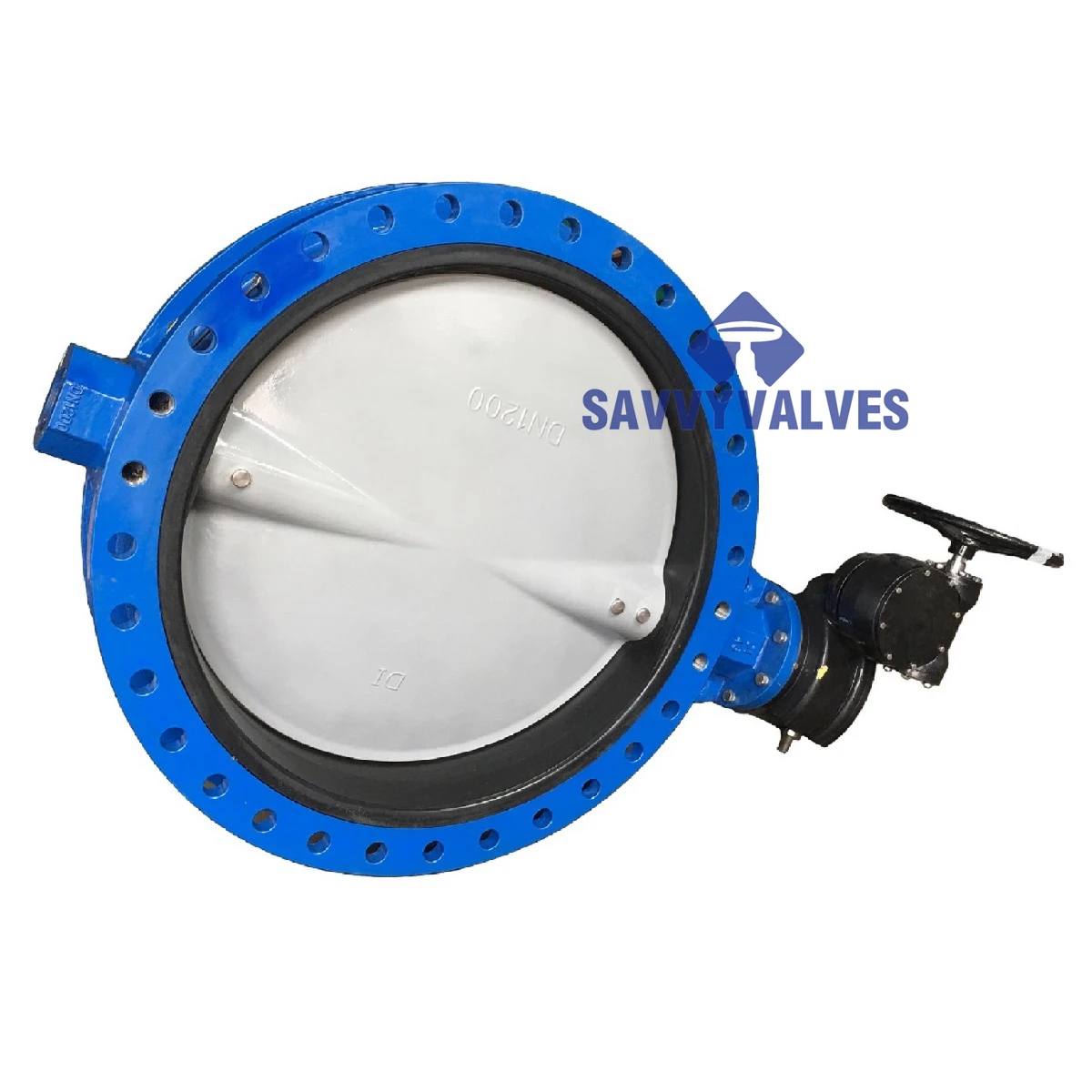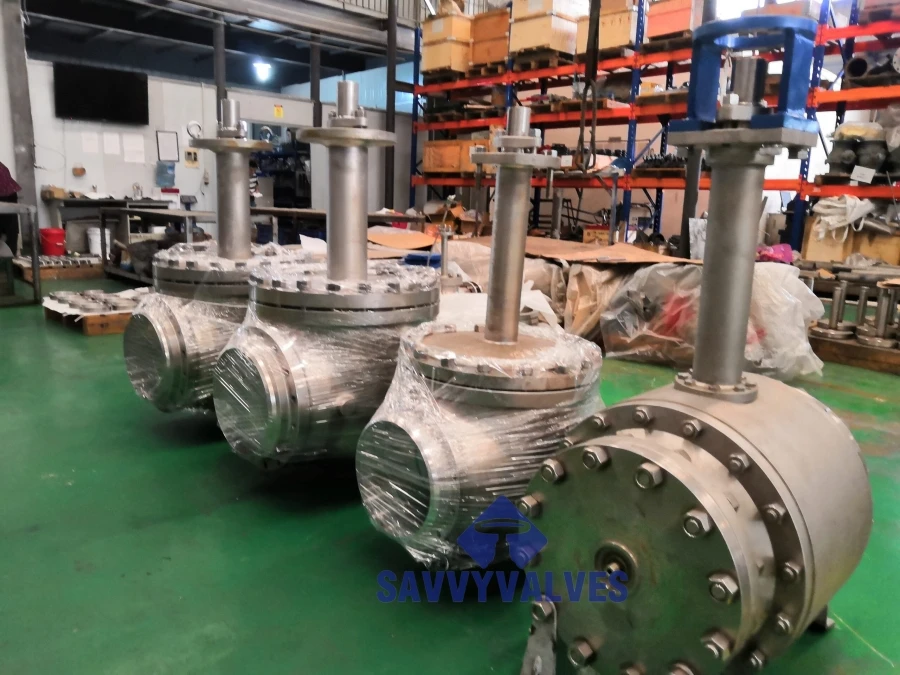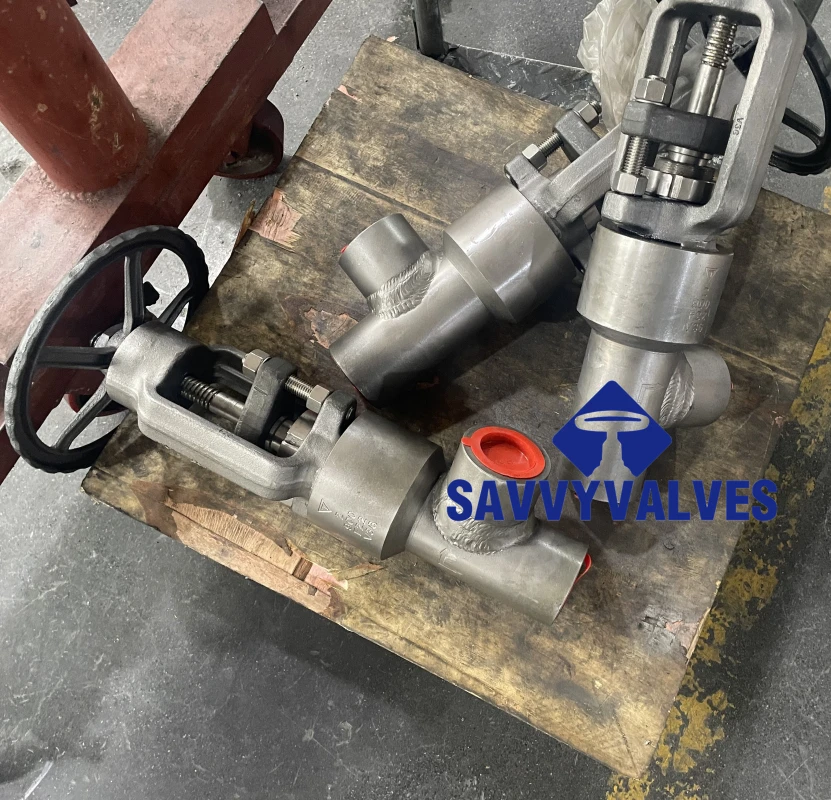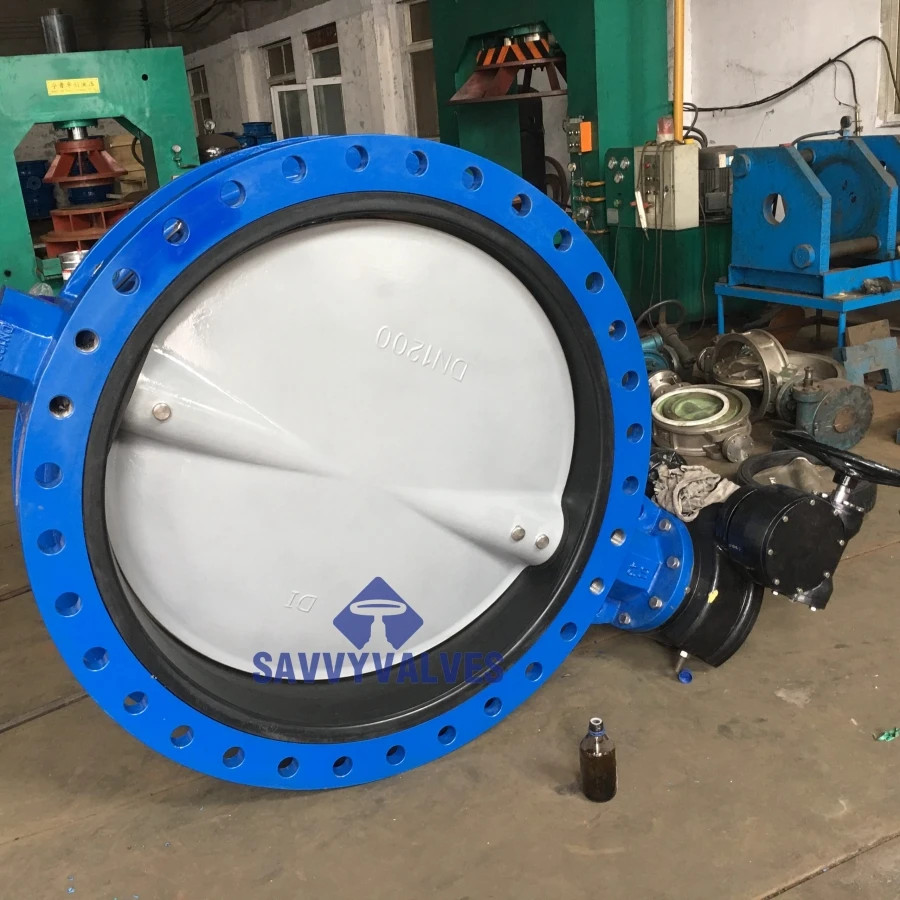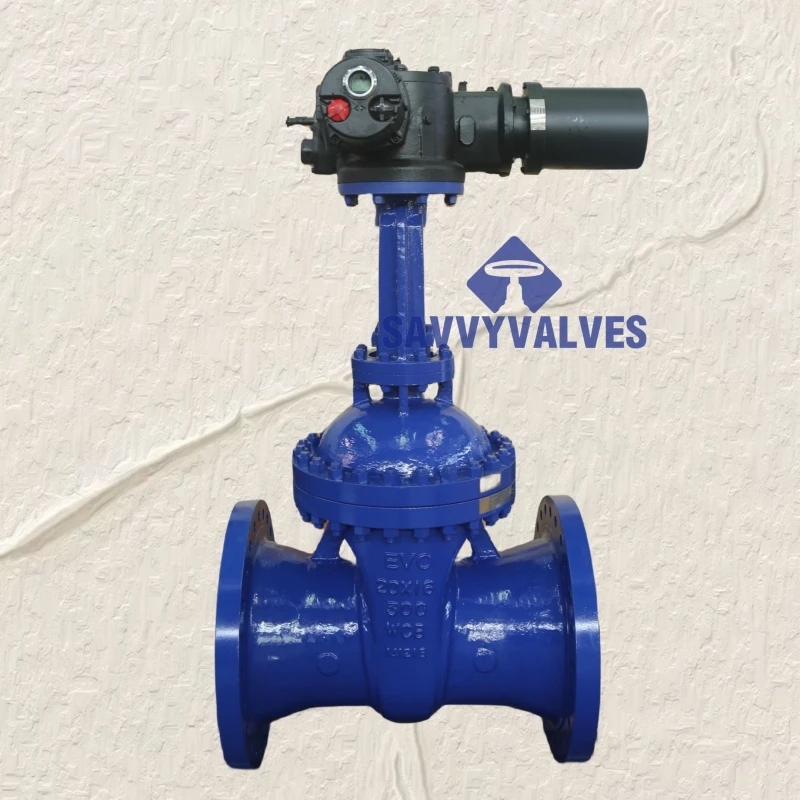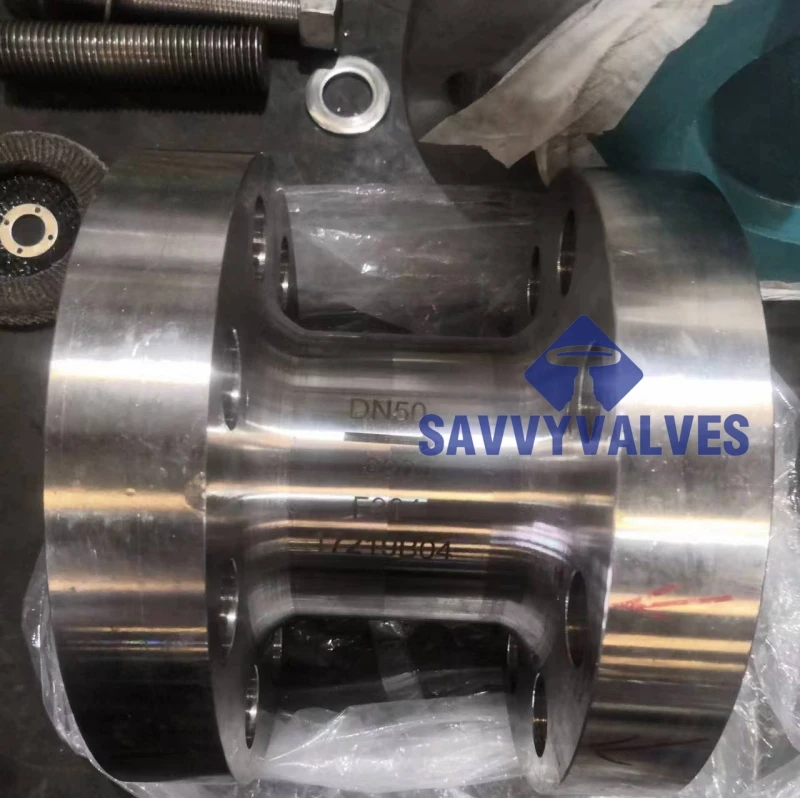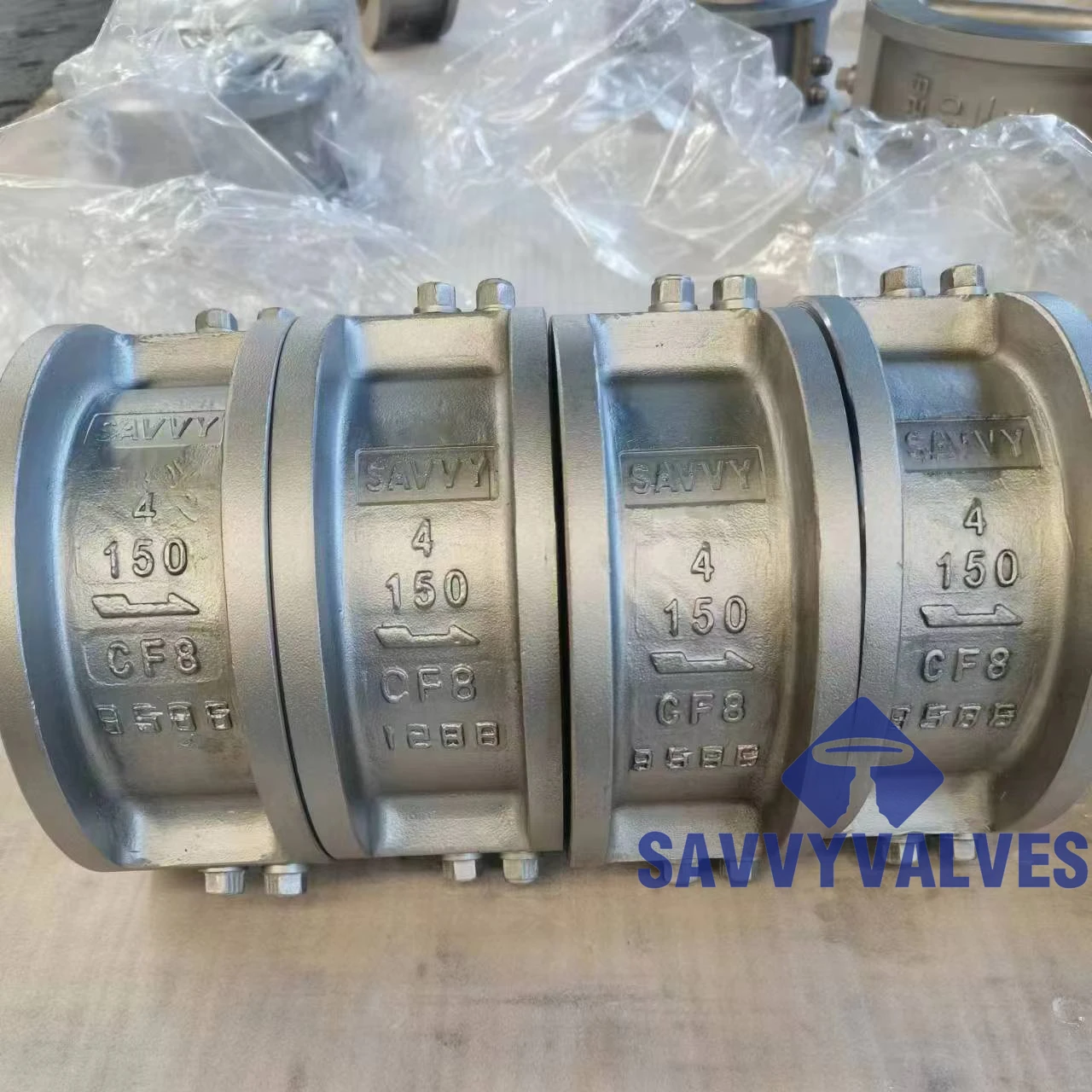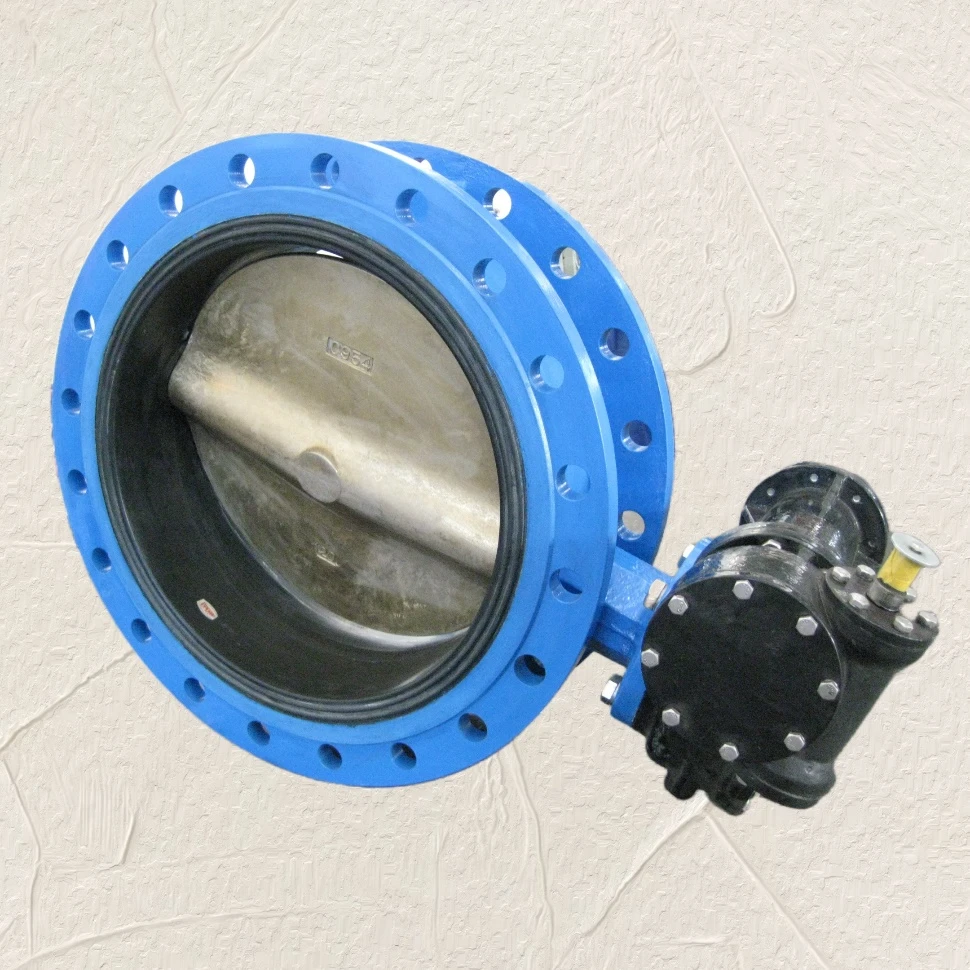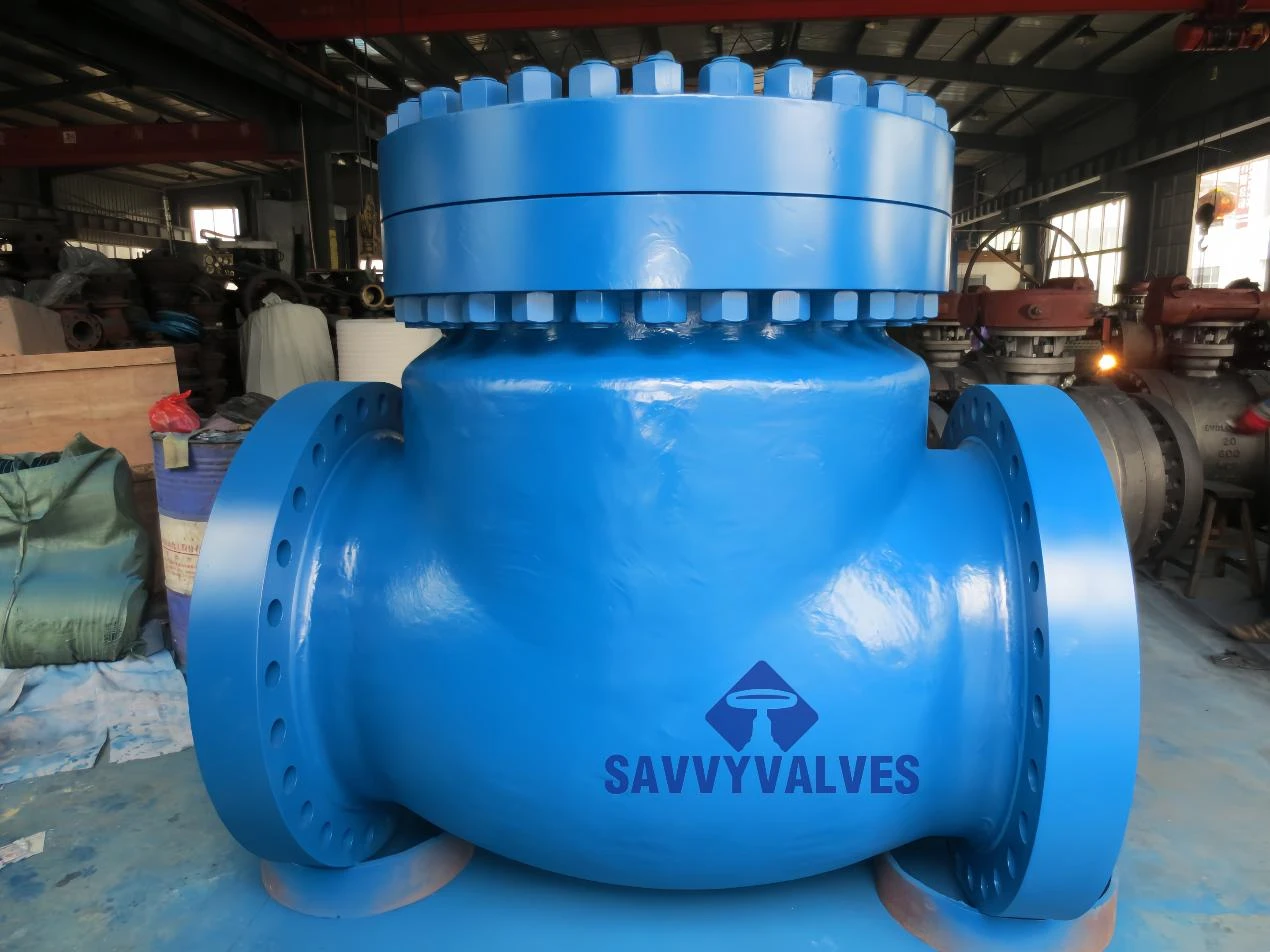Navigating Industrial Fluid Management: The Role of Advanced CPVC Valves
In today's rapidly evolving industrial landscape, the demand for robust, chemically resistant, and high-performance fluid handling solutions is paramount. Industries such as chemical processing, water treatment, semiconductor manufacturing, and pharmaceuticals routinely deal with corrosive media, high pressures, and varying temperatures, necessitating valves that can withstand extreme operational conditions while ensuring long-term reliability. This has driven a significant trend towards advanced thermoplastic valves, with Corzan CPVC (Chlorinated Polyvinyl Chloride) emerging as a material of choice due to its exceptional properties. The CPVC True union floating ball valve stands at the forefront of this trend, offering unparalleled resistance to a broad spectrum of chemicals, superior high-temperature performance compared to traditional PVC, and the practical advantage of easy maintenance afforded by its true union design. Its integration into critical systems significantly reduces downtime, minimizes replacement costs, and enhances overall operational safety.
The market for industrial valves is experiencing consistent growth, driven by expansion in manufacturing, infrastructure development, and increasing stringency in environmental regulations. Within this context, CPVC valves are gaining traction as a superior alternative to metallic valves in applications where corrosion, weight, or cost are significant concerns. The industry trend indicates a clear shift towards lightweight, durable, and low-maintenance solutions, perfectly aligning with the inherent benefits of the CPVC True union floating ball valve. Its ability to provide a bubble-tight seal and excellent flow characteristics makes it an indispensable component in complex piping networks, contributing to both system efficiency and longevity.
Technical Specifications and Performance Parameters
Understanding the precise technical specifications of a CPVC True union floating ball valve is crucial for engineers and procurement specialists to ensure optimal system integration and performance. These valves are engineered to meet rigorous industrial demands, featuring a robust design that accommodates diverse operational parameters. Key elements include the full-port design, which minimizes pressure drop and maximizes flow efficiency, an essential consideration in systems where flow rate and energy conservation are critical. The true union ends facilitate quick and easy installation or removal from a pipeline without disturbing the adjacent piping, simplifying maintenance and reducing potential downtime during system modifications or repairs.
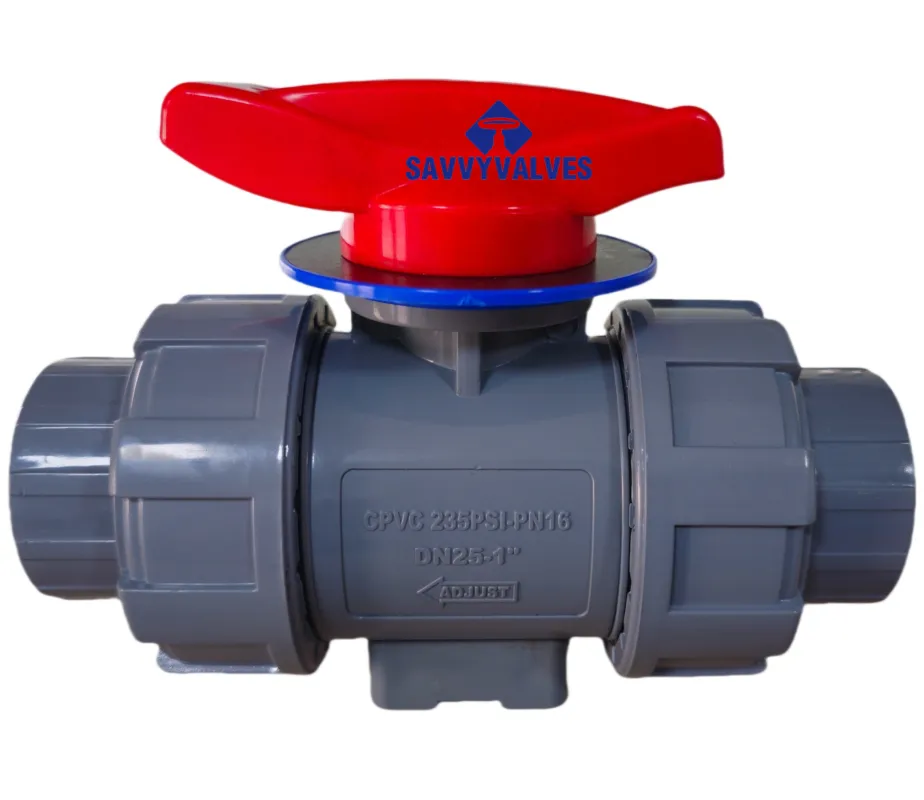
Below is a detailed table outlining typical technical parameters for high-quality CPVC True union floating ball valve models, reflecting industry standards and capabilities.
| Parameter | Details |
|---|---|
| Material | Corzan CPVC (Cell Class 23447 per ASTM D1784) |
| Seals/O-rings | EPDM (Ethylene Propylene Diene Monomer) or FPM/Viton |
| Seats | PTFE (Polytetrafluoroethylene) |
| Size Range | 1/2" to 6" (DN15 to DN150) |
| Pressure Rating | Up to 150 PSI (10.3 bar) at 73°F (23°C), derating for higher temperatures. |
| Temperature Range | 0°C to 95°C (32°F to 200°F) for continuous service. |
| End Connections | Socket (ASTM D2846, DIN), Threaded (NPT, BSPT) |
| Standards Compliance | ASTM F439, ISO 9393, ANSI, DIN |
| Actuation | Manual (Lever Handle), Pneumatic, Electric |
The "floating ball" design allows the ball to move slightly downstream under pressure, pressing against the downstream seat to enhance sealing, especially critical under varying pressure conditions. This design, combined with self-adjusting PTFE seats, ensures a reliable, leak-tight closure and extends the operational life of the CPVC True union floating ball valve.
Precision Manufacturing: The Journey of a CPVC True Union Ball Valve
The manufacturing of a high-quality CPVC True union floating ball valve is a sophisticated process that blends advanced material science with precision engineering. It typically begins with the selection of premium-grade CPVC resin, often from reputable suppliers like Lubrizol (Corzan) or IPEX (FlowGuard Gold), ensuring the material meets stringent chemical resistance and thermal performance criteria. The primary manufacturing processes include injection molding for the valve body, ball, and end connectors, and precise machining for critical components like the stem and seats.
Manufacturing Stages:
- Material Preparation: High-grade CPVC pellets are carefully processed to remove any moisture, which could affect the integrity of the molded parts.
- Injection Molding: The heated CPVC resin is injected into high-precision molds under controlled pressure and temperature. This process creates the valve body, union nuts, end connectors, and the valve ball. Critical dimensions and surface finish are meticulously maintained to ensure proper fit and sealing.
- CNC Machining: Post-molding, specific components such as the stem and sometimes the valve ball undergo CNC (Computer Numerical Control) machining. This step ensures ultra-high precision for critical interfaces, such as the stem's sealing surfaces and the ball's true spherical shape, vital for leak-tight operation and smooth quarter-turn actuation.
- Component Assembly: The molded and machined components are then assembled. This includes inserting the stem, seats (typically PTFE), and O-rings (EPDM or Viton). The true union design allows the body to be easily separated from the ends, a key benefit for installation and maintenance.
- Quality Control & Testing: Each CPVC True union floating ball valve undergoes rigorous testing protocols. This includes hydrostatic pressure testing to verify burst strength and leak integrity, pneumatic testing for seat and stem seal performance, and torque testing to ensure smooth operation within specified parameters. Adherence to international standards like ISO 9001 for quality management, ANSI/ASME B16.34 for valve design, and ASTM D1784 for CPVC material specification is paramount, guaranteeing product consistency and reliability.
The typical lifespan of a well-maintained CPVC True union floating ball valve can exceed 20 years in appropriate applications, significantly outperforming many traditional metallic valves in corrosive environments. This extended service life is a direct result of the superior material properties and the precision-driven manufacturing and rigorous testing procedures employed.
Versatile Applications and Unparalleled Advantages
The intrinsic properties of CPVC, combined with the practical design of the true union floating ball valve, make it an ideal choice across a myriad of challenging industrial sectors. Its exceptional corrosion resistance to acids, bases, salts, and many organic solvents positions it as a go-to solution where metallic valves would corrode rapidly, leading to frequent replacements and system contamination.
Applicable Industries:
- Chemical Processing: Handling aggressive chemicals, corrosive waste streams, and reagent lines.
- Water and Wastewater Treatment: Managing raw water intake, filtration systems, chemical dosing, and effluent discharge, where chlorine and other treatment chemicals are prevalent.
- Semiconductor Manufacturing: For ultra-pure water (UPW) systems and chemical delivery lines, demanding high purity and non-leaching characteristics.
- Pulp and Paper: Resistant to corrosive bleaching agents and process chemicals.
- Food and Beverage Processing: Approved for certain food contact applications (with appropriate certifications like FDA), ensuring hygiene and preventing metallic contamination.
- Metal Finishing and Plating: Handling strong acids and bases used in surface treatment.
- Pharmaceuticals: For process lines requiring purity, chemical resistance, and ease of cleaning.
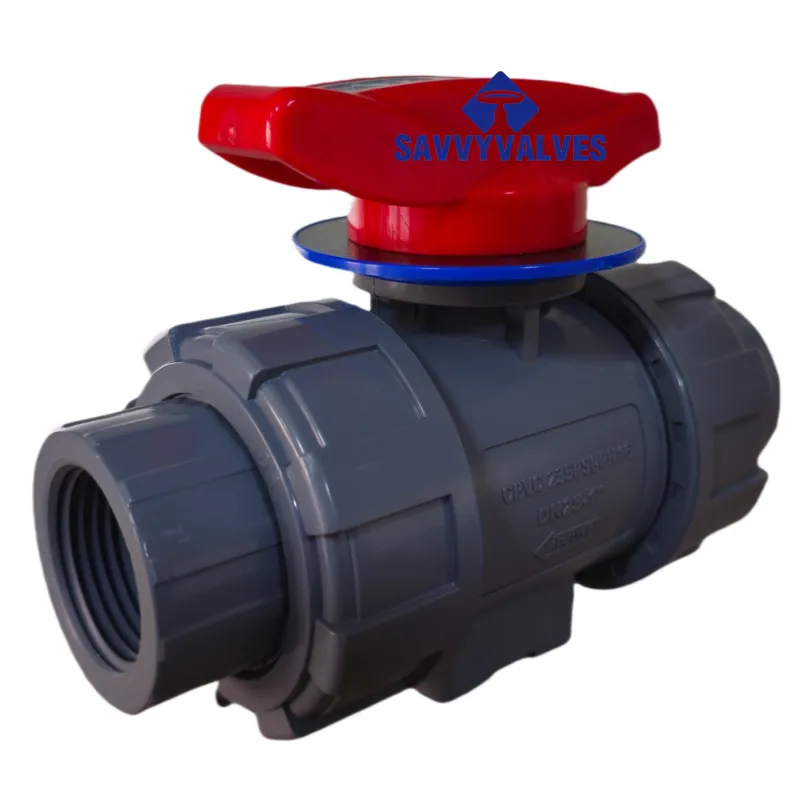
Key Technical Advantages:
- Superior Corrosion Resistance: CPVC inherently resists a wide range of inorganic acids, bases, and salts, preventing valve degradation and fluid contamination.
- High Temperature Performance: While PVC becomes brittle at lower temperatures and softens at higher ones, CPVC maintains its structural integrity and pressure bearing capabilities up to 200°F (95°C), making it suitable for hot corrosive fluids.
- Lightweight and Easy Installation: Significantly lighter than metallic valves, reducing installation costs and simplifying handling. The true union design enables easy in-line maintenance without extensive pipe disassembly.
- Excellent Flow Characteristics: Full-port design ensures minimal pressure drop and high flow rates, translating to reduced pumping costs and energy savings. The smooth interior surfaces also inhibit scaling and biofilm growth.
- Cost-Effectiveness: Lower initial material cost compared to exotic alloys, coupled with reduced maintenance and replacement frequency due to superior chemical resistance, results in a significantly lower total cost of ownership over the valve's lifecycle.
- Long Service Life: Designed for durability and longevity, even in aggressive chemical environments, providing decades of reliable operation.
In typical application scenarios, such as a chemical dosing system for water purification, the CPVC True union floating ball valve ensures precise control over chemical additives like chlorine or sulfuric acid. Its corrosion resistance prevents material degradation, maintaining fluid purity and system integrity. This direct benefit translates into enhanced operational safety, reduced chemical wastage, and prolonged system life, making it a critical component for efficient and reliable process control.
Choosing the Right Partner: Manufacturer Comparison and Custom Solutions
Selecting the appropriate manufacturer for your CPVC True union floating ball valve needs is as critical as understanding the valve's technical merits. The market offers a range of suppliers, from large global conglomerates to specialized boutique firms. Differentiating factors often include material sourcing transparency, manufacturing consistency, breadth of product line, and depth of technical support. Savvy Valve Tech distinguishes itself through its rigorous adherence to international manufacturing standards, use of certified CPVC resins, and a commitment to precision engineering.
When evaluating potential suppliers, consider the following aspects:
| Criteria | Leading Manufacturers (e.g., Savvy Valve Tech) | General Market Offerings |
|---|---|---|
| Material Quality | Exclusively uses ASTM D1784 Cell Class 23447 certified CPVC resins (e.g., Corzan, FlowGuard Gold). | Variable; may use generic CPVC or lower-grade materials without explicit certification. |
| Manufacturing Standards | ISO 9001 certified facilities, strict adherence to ANSI, DIN, JIS, ASTM F439. Precision CNC machining for critical parts. | May vary; less stringent QC, potentially leading to inconsistencies in product dimensions and performance. |
| Product Range & Customization | Broad range of sizes, end connections, and actuation options. Offers tailored solutions for specific pressure/temperature/chemical resistance needs. | Limited standard sizes and configurations; custom solutions often unavailable or expensive. |
| Technical Support & Service | Experienced engineering team providing pre-sale consultation, post-sale support, and troubleshooting. | Basic support, often lacking in-depth application expertise or quick response times. |
| Pricing & Value | Competitive pricing for superior quality, offering long-term value through reduced maintenance and extended lifespan. | Potentially lower upfront cost, but higher total cost of ownership due to frequent replacements or system failures. |
For highly specific or unique industrial challenges, a custom CPVC True union floating ball valve solution may be required. This could involve modifications to:
- Seal Materials: Using specialized elastomers (e.g., FKM-G, Perfluoroelastomer) for extreme chemical compatibility.
- Actuation: Integrating custom pneumatic or electric actuators for precise automated control.
- End Connections: Adapting to non-standard pipe connections or flange types.
- Pressure/Temperature Ratings: Designing for specific operating envelopes beyond standard ratings.
A manufacturer with robust R&D capabilities and a flexible production line can accommodate such bespoke requirements, ensuring that the final product seamlessly integrates into complex systems and delivers optimal performance tailored to the application's exact demands.
Real-World Impact: Application Case Studies
The practical effectiveness of the CPVC True union floating ball valve is best illustrated through its successful deployment in demanding industrial environments. These case studies highlight not just the technical capabilities but also the economic benefits derived from its reliable performance.
Case Study 1: Chemical Production Facility Acid Transfer
A major chemical producer faced recurring issues with metallic ball valves in their sulfuric acid (30%) transfer lines operating at 60°C. Frequent corrosion led to leaks, production downtime, and high maintenance costs. After extensive evaluation, they replaced the metallic valves with CPVC True union floating ball valve units. The inherent chemical resistance of CPVC to sulfuric acid, coupled with its ability to withstand elevated temperatures, proved transformative. Within the first year, the facility reported zero valve failures or leaks attributable to corrosion. The true union design also facilitated quicker installations and any necessary in-line inspections, drastically reducing maintenance windows. This conversion resulted in an estimated 40% reduction in annual maintenance expenditures for the affected lines and a significant improvement in operational safety.
Case Study 2: Municipal Wastewater Treatment Plant Odor Control
A municipal wastewater treatment plant utilized sodium hypochlorite (bleach) for odor control and disinfection. Traditional PVC valves in their dosing system struggled with the oxidative nature of hypochlorite, leading to premature material degradation and brittle fractures, requiring replacements every 12-18 months. They implemented CPVC True union floating ball valve units, specifically chosen for their superior resistance to strong oxidizers and higher temperature handling capacity (as the chemical reaction can generate heat). After three years of continuous operation, the CPVC valves showed no signs of degradation, maintaining their integrity and operational smoothness. This extended lifespan provided a substantial return on investment by eliminating frequent valve replacements and ensuring uninterrupted chemical dosing, critical for maintaining water quality standards and public health.
These instances underscore the practical advantages of deploying high-quality CPVC True union floating ball valve components. Customers consistently report reduced operational costs, enhanced safety, and improved system reliability, validating the strategic investment in advanced thermoplastic valve technology.
Ensuring Trust and Reliability: Guarantees and Support
Building trust in B2B relationships hinges on more than just product performance; it requires transparency, robust support systems, and tangible commitments. For mission-critical components like the CPVC True union floating ball valve, manufacturers must provide comprehensive assurance of quality and service.
Authoritative Certifications & Quality Assurance:
Reputable manufacturers ensure their CPVC True union floating ball valve products are manufactured under strict quality management systems, often certified to ISO 9001. Additionally, products should comply with relevant industry standards such as ASTM F439 (for CPVC plastic piping components), NSF/ANSI 61 (for drinking water system components), and sometimes even FDA compliance for specific food-contact applications. Internal testing facilities conduct rigorous batch testing, including hydrostatic pressure tests and material composition verification, to ensure every valve meets design specifications and performance benchmarks.
Frequently Asked Questions (FAQ):
- Q: What is the maximum operating temperature for a CPVC True union floating ball valve?
A: High-quality CPVC valves can reliably operate up to 95°C (200°F) for continuous service, though pressure ratings will derate at elevated temperatures. - Q: Can these valves be used with abrasive slurries?
A: While CPVC offers good abrasion resistance, continuous use with highly abrasive slurries can lead to accelerated wear on the ball and seats. Specialized valve designs or materials might be recommended for such applications. - Q: What is the typical lead time for large orders?
A: Delivery cycles can vary based on volume and customization. For standard stock items, typical delivery might be 2-4 weeks. For custom or large-scale project orders, detailed discussions with the sales team are required, but efficient logistics and production planning aim for 6-10 weeks or as per project schedule. - Q: What kind of warranty is offered?
A: Most reputable manufacturers provide a comprehensive warranty, typically 12-24 months from installation or 18-30 months from shipment, covering defects in material and workmanship. Extended warranties or service contracts may also be available. - Q: How does the true union design aid maintenance?
A: The true union feature allows the valve body to be easily separated from the pipeline by unthreading the union nuts. This means the valve can be serviced or replaced without cutting into the pipe system, significantly reducing maintenance time and complexity.
Customer Support and After-Sales Service:
A dedicated technical support team is vital, offering expertise in chemical compatibility, pressure and temperature calculations, installation best practices, and troubleshooting. This support, coupled with efficient global logistics capabilities for timely spare parts and product delivery, underpins the total value proposition. Companies committed to long-term partnerships prioritize customer success through accessible support channels and responsive service.
Conclusion
The CPVC True union floating ball valve represents a critical advancement in industrial fluid handling technology. Its superior chemical resistance, high-temperature performance, efficient flow characteristics, and true union design collectively deliver significant operational advantages and long-term cost savings. From demanding chemical processes to vital water treatment infrastructure, these valves prove to be an indispensable component for engineers and facility managers seeking reliable, low-maintenance, and highly durable solutions. By understanding the intricacies of their manufacturing, adhering to stringent quality standards, and partnering with reputable suppliers, industries can leverage the full potential of CPVC valve technology to enhance efficiency, safety, and profitability.
References
- American Society for Testing and Materials (ASTM) Standards for Plastic Piping Systems.
- International Organization for Standardization (ISO) 9001: Quality Management Systems – Requirements.
- NSF International Standards for Water Treatment Chemicals and Drinking Water System Components.
- Lubrizol Advanced Materials. Corzan CPVC Piping Systems Technical Manual.
- Valves, Piping, and Piping Components. Chemical Resistance Data Guide.

